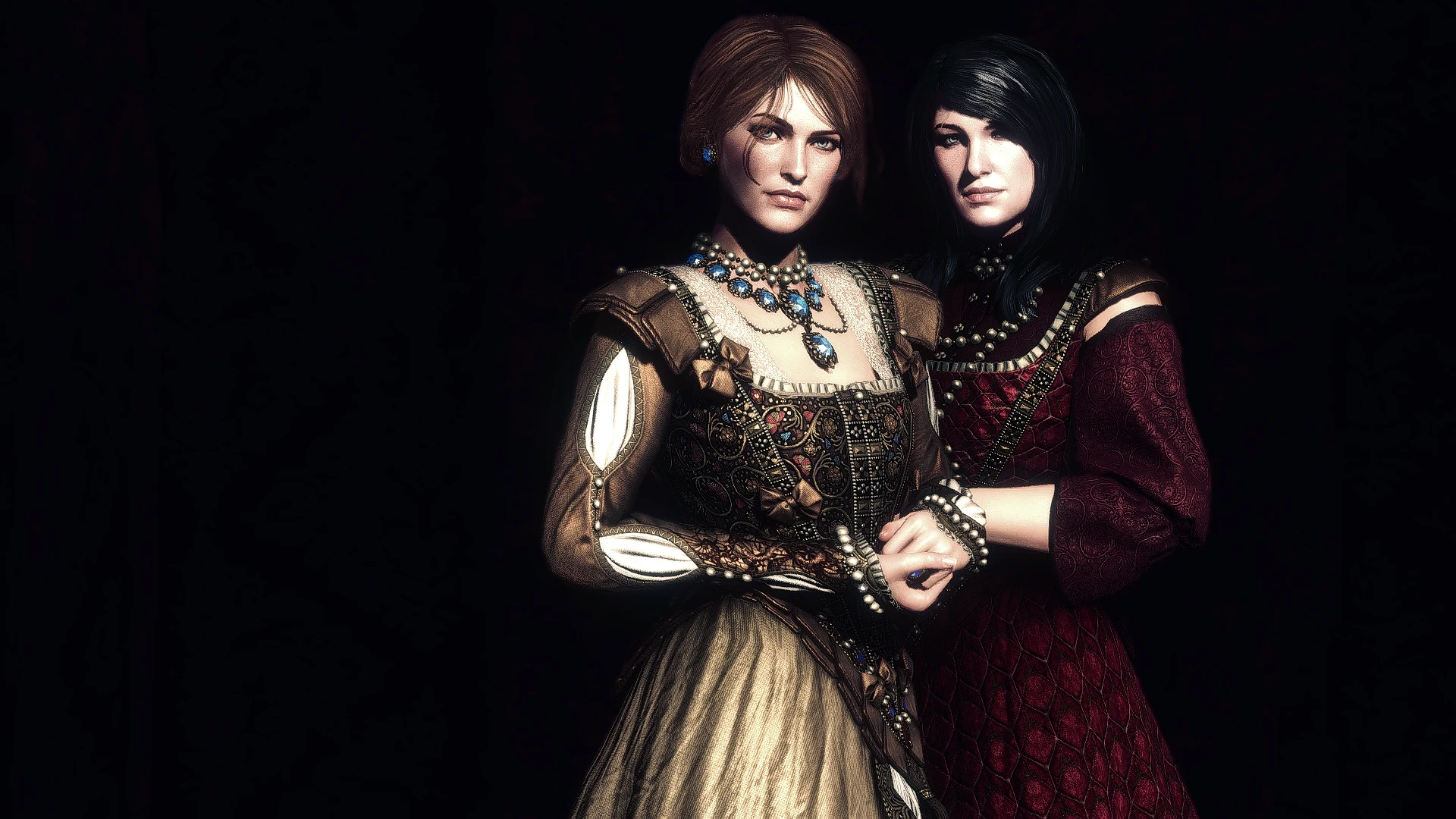
Plus, Freya Allan and Anya Chalotra break down their characters, and Cavill reveals his inner 'geek.'īut this banquet isn’t about Jaskier and his bedroom conquests. “Oh really, you usually just let strangers rub chamomile onto your lovely bottom?” Jaskier replies. “I’m not your friend,” Geralt grunts from a bathtub. Geralt reluctantly agrees, which is great for us because it means more Witcher and the bard banter. He wants Geralt to accompany him to a royal banquet as his bodyguard, as he knows there will be many upset Lords there who want to hurt him for sleeping with their wives and/or mothers. Jaskier (Joey Batey), the irritating bard, is back and wants to cash in a favor for “making Geralt famous” via his hyperbolic ditties. The fate that would have likely befallen that baby girl is seen in Geralt’s (Henry Cavill) storyline this episode. “You’ve cheated the game and won without even knowing it,” she tells the lifeless child. Yet, in all her cynicism, Yennefer sees this as a potential blessing - an escape from a world where women don’t stand a chance. It’s a bleak scene, especially as Yennefer buries the girl on the beach, an act symbolic of her own inability to have children. Yennefer tries whispering a spell to bring the baby back to life but to no avail. Unfortunately, it’s too late for the child, all that teleporting took its toll. Yennefer does return to try and save the baby, slaughtering the beastly bug in the process and then portaling out of harm’s way. It doesn’t work, Kalis is killed with a dagger to the neck. And for that ungrateful remark, Yennefer abandons the situation, leaving a desperate Kalis to try and bargain with the assassin, even offering to sacrifice her own child to save herself. “You useless witch, you were supposed to protect me!” the Queen yells. “You ran out of chances to provide your King a male heir,” she tells Kalis. But they continue to be tracked by the mystical hit-man, who Yennefer surmises has been sent by the King. There’s an excellent chase sequence, as Yennefer portals herself and her royal companions from the middle of a forest, to golden deserts, to rocky mountain terrain. Even now, Yennefer is still viewed in terms of what she can provide, in this case, protection, which Kalis admonishes her for when the carriage is attacked by an assassin and his giant killer insect. Nobody has ever truly looked at her for who she is otherwise, she’d have been appreciated when she was the “hunchback” farm girl - before she became the gorgeous witch with magical powers. “People look at you for who you are, not what you can give them,” she says. Kalis tells Yennefer that she made the right choice giving up her chance to have children. “No more than a fleshy contraption for squeezing out heirs.” She slumps in her seat, glumly listening as Kalis complains about her horrible life and her husband’s disappointment that she hasn’t provided him a son. In this episode, she chaperones Queen Kalis (Isobel Laidler) and her baby daughter in a carriage back to the kingdom of Lyria. Her job is basically that of a babysitter. Yennefer was never allowed to attain real power or influence because that’s not the way the system is set up.


“Instead, I’ve spent the last three decades cleaning up stupid political messes. “I believed it would be worth it, that this would be my legacy, the greatest mage to ever grace court,” she laments.

But now three decades later, serving as King Virfuril’s (Ben Lambert) mage, Yennefer realizes she was sold a neatly packaged lie. The last time we saw Yennefer, she’d put herself through a brutal procedure, where she’d given up her right to bear children, all in the name of becoming beautiful and powerful.
THE WITCHER 2 LITTLE SISTERS SERIES
Season 1 of the Netflix series will cover some of the stories in Andrzej Sapkowski's first book in the series, all described here. “Even when we’re told we’re special… we’re still just vessels, for them to take and take until we’re empty and alone.” “We’re just vessels,” Yennefer (Anya Chalotra) says towards the end of the episode, talking of womankind. It’s a fight that, at times, seems unwinnable. It’s an episode that explores the treatment of women within the Witcher-verse, the expectations thrust upon them, and the ongoing fight against those expectations. “Of Banquets, Bastards and Burials” (written by Declan de Barra) is an episode that puts women at the forefront of the story. The women of The Witcher are not just prissy princesses, innocuous love interests, and damsels in distress, they are tenacious, multi-faceted characters who refuse to follow fantasy-drama conventions. But there is another facet of the show which deserves more appreciation - its strong female characters. So far, I’ve commended The Witcher for its incredible fight scenes, its stellar performances, and its surprisingly dry humor.


 0 kommentar(er)
0 kommentar(er)
